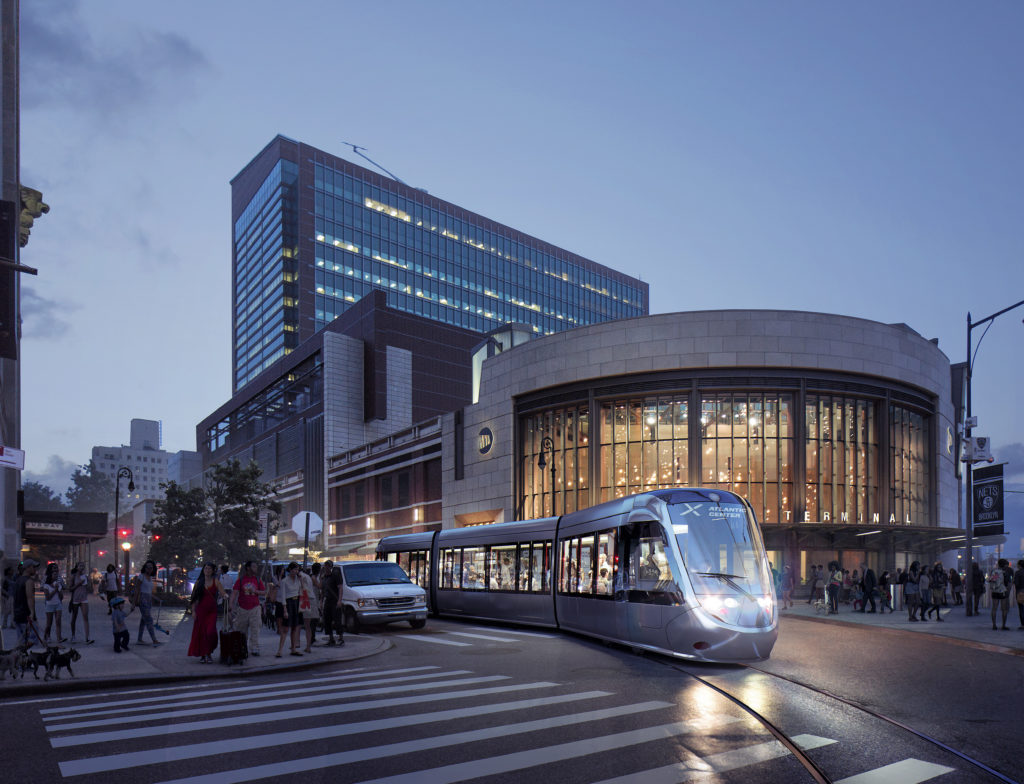BQX streetcar backers showcase other urban trolleys to build support

Supporters of the Brooklyn-Queens Connector (BQX) streetcar say the project’s viability depends on mobilizing neighborhood businesses, and they’re looking beyond New York City for a roadmap to success.
Hundreds of residents and local entrepreneurs gathered at the Brooklyn Brewery in Williamsburg on Tuesday to hear from small business owners and advocates from across the country about the benefits and challenges of introducing a streetcar into their communities.
Friends of the BQX, a nonprofit founded to organize support for the $2.73 billion streetcar, hosted the event, dubbed “BQX Conversations: Real Impacts on Local Business.”

Brooklyn Boro
View MoreNew York City’s most populous borough, Brooklyn, is home to nearly 2.6 million residents. If Brooklyn were an independent city it would be the fourth largest city in the United States. While Brooklyn has become the epitome of ‘cool and hip’ in recent years, for those that were born here, raised families here and improved communities over the years, Brooklyn has never been ‘uncool’.